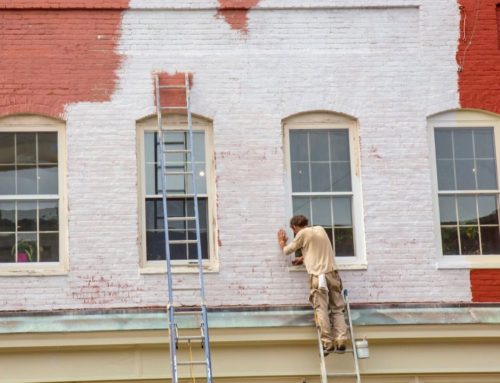Excerpt from the Capital Gazette:
The Anne Arundel County Council voted Monday to create a new tax credit that aims to encourage preservation of historic properties.
Introduced by Councilman Chris Trumbauer, D-Annapolis, and co-sponsored by Councilman John Grasso, R-Glen Burnie, the historic preservation tax credit — also supported by County Executive Steve Schuh — can cover up to 25 percent of the cost of improvement projects on eligible properties by deducting that amount from an owner’s property tax bill.
The legislation passed 5-2, with Councilmen Michael Peroutka, R-Millersville, and Derek Fink, R-Pasadena, voting against it.
Trumbauer said the credit will “preserve the ability of (historic property) owners to restore their property.”
…
In Anne Arundel, a building needs to be at least 65 years old and have a high level of historical significance to qualify for the new credit, which is capped at $50,000 per qualified property owner. New construction in the middle of a historic district may also qualify for a 5-percent tax credit if the architecture is compatible with surrounding properties.
Because renovation costs can be expensive and are likely to surpass the total of an annual property tax bill, historic property owners can claim the credit for up to five years. In return, they agree to allow the county to place an easement on the structure.
Last month, Trumbauer added amendments to the bill to clarify that the easement could be reversed if a property owner agrees to pay back the tax credits they received.
Councilman Pete Smith, D-Severn, said the county has a stake in preserving historic structures.
“Isn’t there also value in protecting some of the historic features and assets in the county?” he asked.
Councilman Andrew Pruski, D-Gambrills, argued the tax credit could even have the effect of raising property values, which would eventually lead to higher tax revenue for the county.
“If somebody improves their property, the value of that property could increase, leading to more tax revenue,” he said.
Grasso used his own experience as a landlord in Baltimore to explain why he supported the bill.
“I would have never gave a second thought about maintaining the historic character of my building” — a house in the city’s Bolton Hill neighborhood — “if I didn’t know I could have saved a couple dollars,” he said. “Sometimes government, I think, just has to wake people up a bit.”

